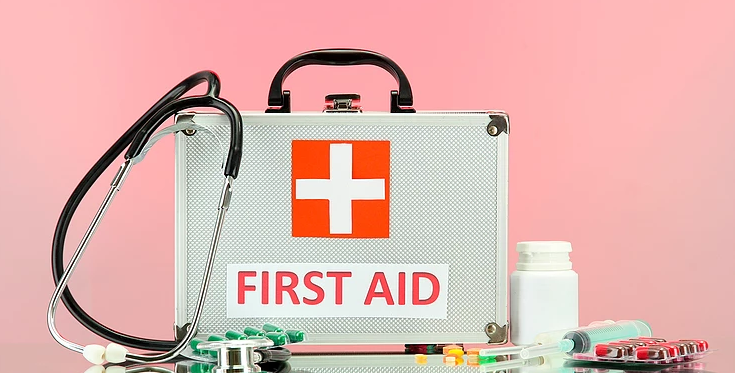Breast Reduction Surgery
What to Expect and the Road to Recovery

For many women, the decision to undergo breast reduction surgery is not just cosmetic but a necessary step towards improving their quality of life. Breast reduction, medically known as 'reduction mammoplasty', has increasingly gained popularity for its life-changing benefits, both physically and psychologically. In this guide, we dive deep into what to expect from the procedure, the recovery phase, and the subsequent return to daily activities.
AlphaHospital Group is a state-of-the-art plastic surgeryl facility with highly experienced surgeons, and breast reduction surgeries are one of the most common procedures.
Understanding the Procedure
At the outset, let's decode the procedure itself. Breast reduction surgery is a day procedure, often lasting between two to five hours. This will, of course, vary depending on individual needs and the extent of reduction. The surgery entails the removal of excess breast fat, glandular tissue, and skin to achieve a breast size in proportion to a woman's body. The primary goal is to alleviate discomfort linked with overly large breasts and to give a perkier breast
- Consultation: Your journey will begin with a detailed consultation. Surgeons from AlphaHospital Group will assess your medical history, perform physical exams, and discuss your desired outcomes.
- Surgery: On the day of the surgery, incisions are usually made around the nipple, extending vertically down from the nipple and then horizontally along the breast crease. Excess tissue, fat, and skin are then removed, and the nipple is repositioned. In some cases, liposuction might also be used in conjunction with excision techniques.
- Closure: The incisions are then closed using sutures, and in some cases, surgical tape or skin adhesives.
The Recovery Phase
- Immediate Recovery: Post-surgery, your breasts will be bandaged, and you might need to wear an elastic bandage or a support bra. This helps reduce swelling and supports healing.
- Pain Management: Pain during recovery is minimised by long acting local anaesthetics and routine pain relief tablets. The vast majority of women report that the procedure and recovery were not painful and far better than they expected. Also their return to function was sooner than anticipated.
- Monitoring: In the initial recovery phase, expect frequent visits to the clinic for monitoring your progress. Regular check-ups ensure that the healing is on track, and potential complications are detected early.
Returning to Work and Daily Activities
The timeline for returning to work post breast reduction surgery largely depends on the nature of your job. If your job doesn’t involve intense physical activity, you might be able to return within a week or two. However, for more strenuous jobs, it's recommended to wait for at least 4-6 weeks.
It's crucial to remember that each individual heals differently. Always consult with your surgeon, and further information is available at HERE
Life-Changing Benefits of Breast Reduction
- Physical Relief: Women with overly large breasts often suffer from neck, back, and shoulder pain. Post-surgery, many report immediate relief from these physical ailments.
- Enhanced Physical Activity: A reduced breast size often means better mobility and comfort, enabling women to partake in physical activities they might have previously avoided.
- Improved Self-Esteem: A well-proportioned breast size often leads to boosted confidence and a positive body image.
- Broadened Fashion Choices: Say goodbye to limited clothing options and hello to a broader wardrobe spectrum.
In conclusion, breast reduction surgery is a transformative journey that can significantly improve one’s quality of life. As with any surgical procedure, ensure that you're well-informed make an appointment to discuss the suitability of this surgery for you at Alpha Hospital Group






